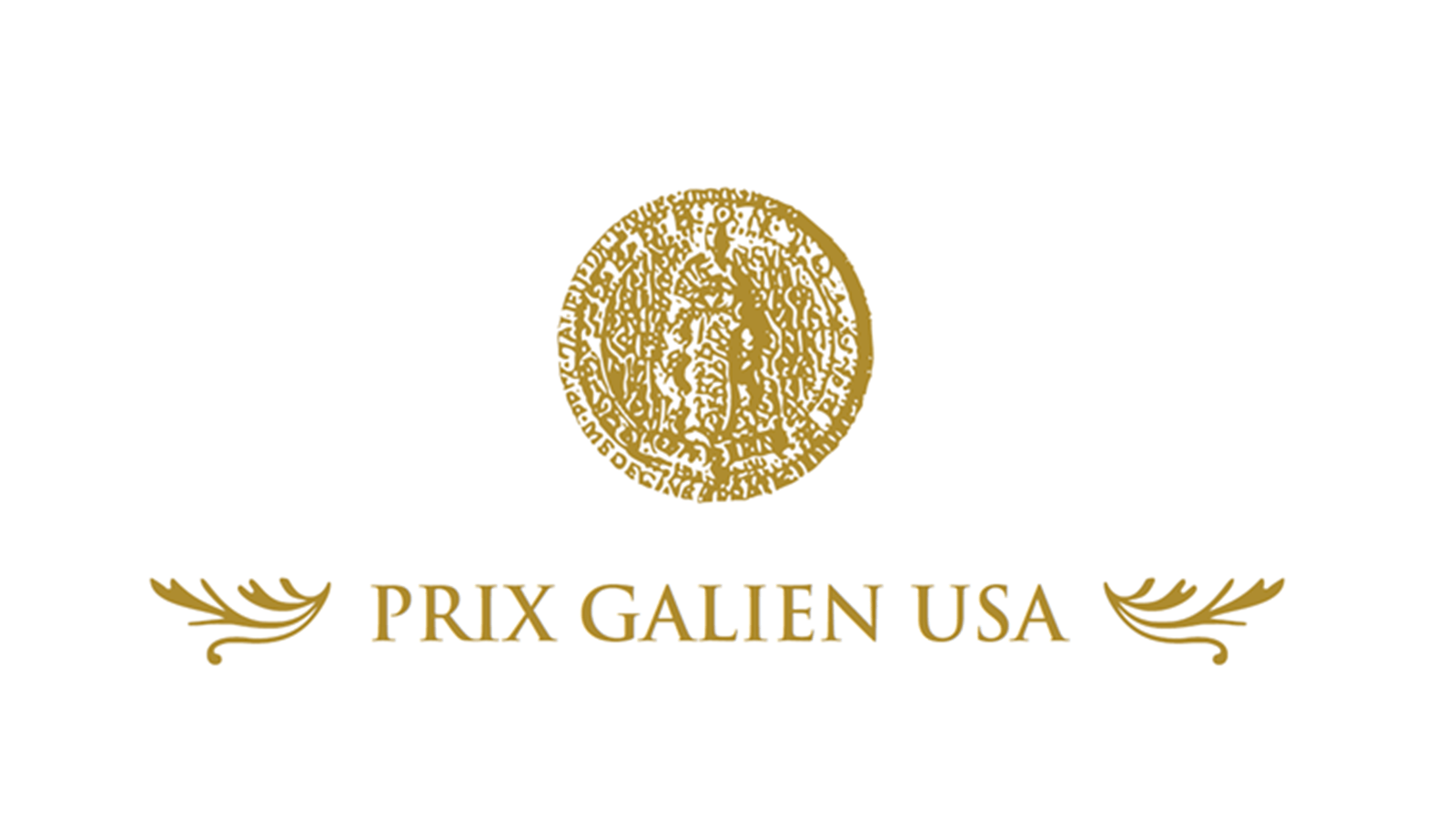When creating a prize to recognize innovation in pharmaceutical research, French pharmacist Roland Mehl decided to name it after Galen, an ambitious and inquisitive physician who lived in ancient times and created a body of work that influenced medicine for hundreds of years.
Galen, who died in 216 AD, was an expert “anatomist” and became surgeon to the Roman emperors and gladiators of his day. (“Galen” became “Galien” and “prix” is the French word for prize.) The Prix Galien launched in 1970 and the award program has grown in prominence alongside the huge strides made through the years in pharmaceutical science.
Today, the Prix Galien is awarded in 14 countries with an international Prix Galien awarded every two years. In 2007, the Prix Galien USA was launched to recognize significant research achievements in the United States. CSL received the Prix Galien USA last week – in the category of rare and orphan diseases – along with its partner, uniQure.
Learn more about the Prix Galien USA award CSL received on October 26.
“The Prix Galien is regarded as the equivalent of the Nobel Prize in biopharmaceutical research,” according to the Galien Foundation.
The award committee includes current and former heads of Tufts University Medical School, the Bill & Melinda Gates Foundation and the Dana Farber Cancer Institute. Its Nobel laureate members are:
Philip A. Sharp, M.D., who received the prize for discovering split genes



